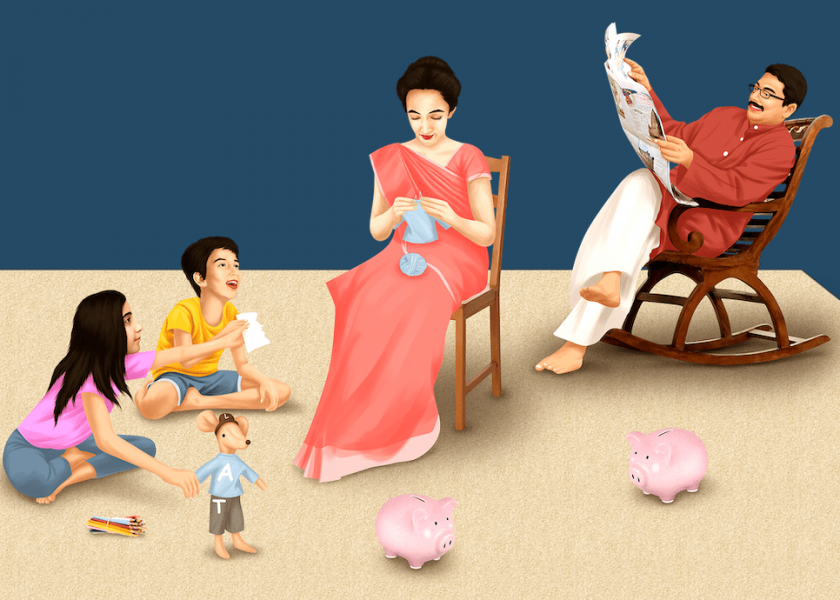Explain the Act of Union 1707. OR What was the strange case of Britain?
1. There was no British nation prior to the 18th century. The primary identities of the people who inhabited the British Isles were ethnic ones – English, Welsh, Scot, or Irish with their own cultural and political traditions.
2. The English nation steadily grew in power, wealth, and importance and was able to extend its influence over other nations of the islands. The English Parliament seized power from the Monarchy in 1688 (the Glorious Revolution), and was the instrument through which a nation-state with England at its centre, came to be forged.
3. The Act of Union (1707) between England and Scotland resulted in the formation of the “United Kingdom of Great Britain”. After that, England could influence Scotland.
4. Ireland was a country divided between Catholics and Protestants. The English helped the Protestants of Ireland to establish their dominance over a largely Catholic country. Catholic revolts against British dominance were suppressed.
5. The new “British nation” was forged through the propagation of a dominant English culture. The symbols of the new Britain—the British flag (the Union Jack), the national anthem (God Save Our Noble King), and the English Language were actively promoted and the older nations survived only as subordinate partners in this Union.

